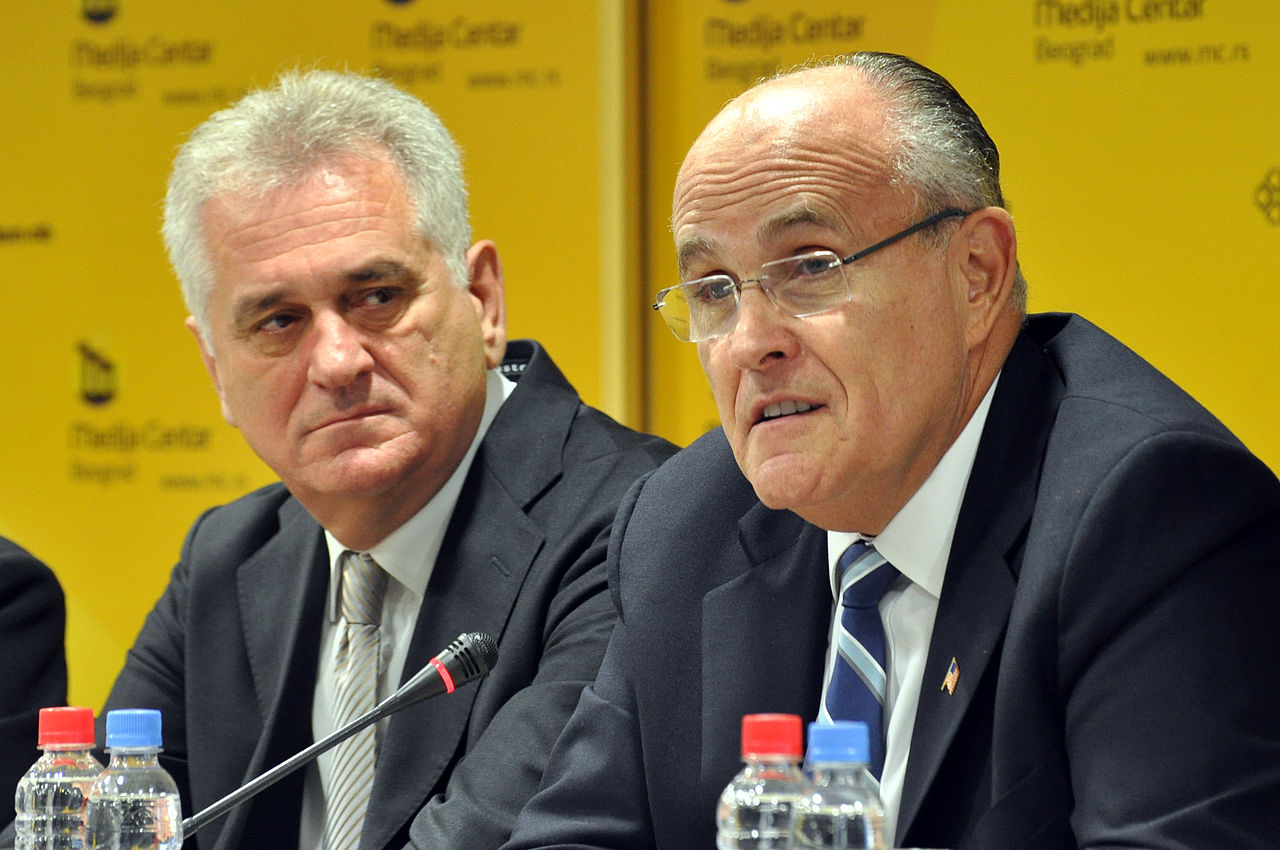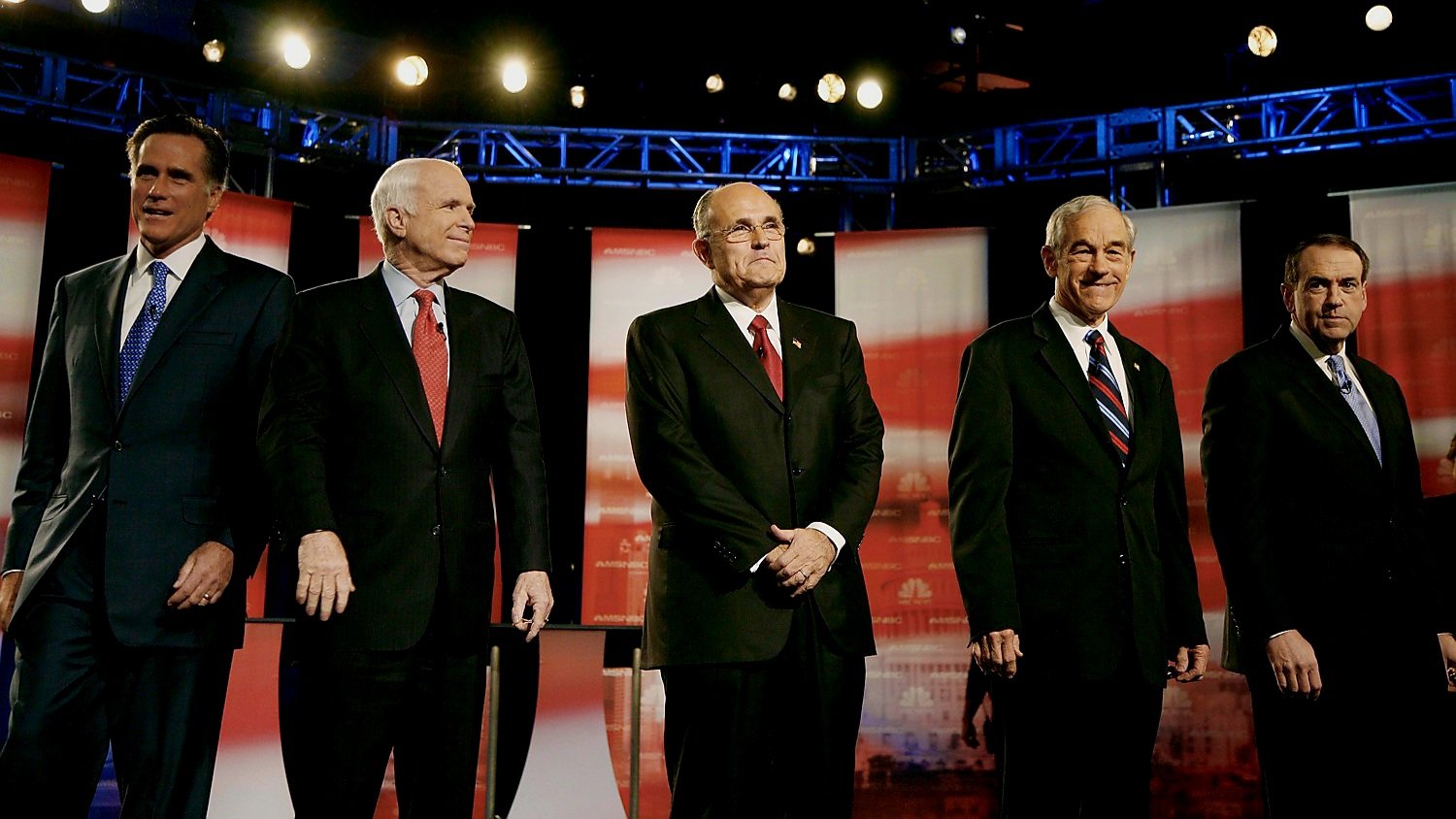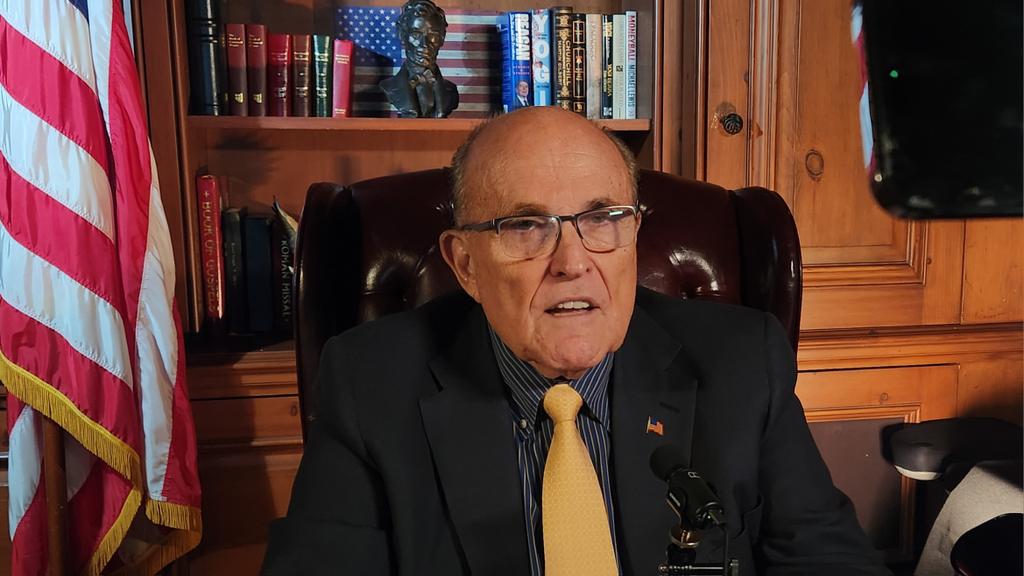A New York court has been informed by Rudy Giuliani’s attorney that the former mayor of New York City wants his bankruptcy plan to be dropped.
Judge Sean Lane was informed by Giuliani’s attorney, Gary Fischoff, that the former mayor’s estate was approximately worth $8 million and could “easily” be consumed by legal fees if Giuliani remains bankrupt.
Bankruptcy Trustee

According to Fischoff, Giuliani, who is now an “80-year-old disbarred attorney,” may not want to work as a bankruptcy trustee.
This is because it would be better for him to make money for his debtors outside of bankruptcy.
Interruptions

Giuliani showed up in court through telephone on Judge Lane’s screen as “Rudolph’s iPhone.”
He continued to interfere with Rachel Strickland, a legal counselor for two Georgia election workers who effectively sued him for $148 million.
Derogatory Remarks

Giuliani accused Strickland of making derogatory remarks about him during a heated argument with Lane.
Lane warned Giuliani that he would cut off his phone line if he continued to interrupt.
Court Address

According to the judge, Giuliani would have a chance to speak with Fischoff.
Strickland stated in her address to the court that if it meant that creditors could recover, she was not opposed to Giuliani having his bankruptcy dismissed.
Giuliani’s “Hustle”

She did, however, state that she had a suspicion that Giuliani would attempt to “hustle” his podcast and coffee brand.
Through this, he would deposit the profits in companies outside of his estate in order to avoid his creditors.
False Claims

After a jury awarded $148 million to two Georgia election workers who had won a defamation lawsuit against him, Giuliani filed for bankruptcy in December.
Giuliani falsely claimed that Ruby Freeman and Shaye Moss, a mother and daughter, added votes for Joe Biden, who won the state, while working as an attorney for Donald Trump in 2020.
Objections to Liquidation

On behalf of Freeman and Moss, Strickland submitted an objection to liquidation on Monday.
According to the filing, “Mr. Giuliani persistently made excuses for his noncompliance that did not pass the smell test, blaming third parties for the inaccessibility of documents from one source that Mr. Giuliani obviously could have accessed from another source under his control.”
“Bad Faith Conduct”

As per the filing: “By now, the Court is familiar with the examples of Mr. Giuliani’s bad faith conduct towards his creditors: the late, inaccurate, and incomplete financial disclosures.”
“The refusal to cooperate with the [bankruptcy] committee’s discovery requests [and] the unending, wasteful, and abusive efforts to appeal the Freeman Judgment,”
“Atrocious” Behavior

She described the move to change from Chapter 11 bankruptcy to Chapter 7 as “brazen.”
Strickland wrote that Giuliani’s “atrocious” behavior would be rewarded and he would not have to report to his bankruptcy committee if he switched to Chapter 7 liquidation.
Up to Speed

According to Strickland: “Successfully converting this case would result in the dissolution of the Committee, end the Committee’s growing investigation into Mr. Giuliani’s assets, and the related near-term threat of discovery sanctions.”
“A Chapter 7 trustee will not be up to speed compared to the Committee and its advisors, who have now spent months getting familiar with the facts of this case.”
Rewarding Bad Behavior

She wrote, “As such, conversion would merely reward atrocious behavior.”
A Chapter 11 bankruptcy would require Giuliani to provide creditors a plan for payment as well as a monthly report on his income and expenditure.
On the other hand, Chapter 7 bankruptcy does not require any such payment plan for creditors.
